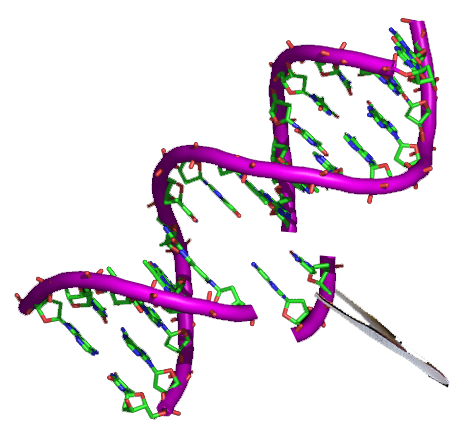World
China battles U.S. for DNA-data supremacy
By Jake Beardslee · September 24, 2023
In brief…
- China donated Fire-Eye labs to European nations during pandemic, vastly expanding its access to human DNA data across the globe.
- The labs can sequence coronavirus genetics and, more importantly, decipher the human genome.
- Serbia is working with China to harvest its citizens' genome sequences in a permanent facility.
- U.S. intelligence sees China's biotech ambitions as economic rather than military.

As Europe locked down in April 2020 during the COVID-19 pandemic, a plane from China arrived in Belgrade carrying the Fire-Eye, a portable lab capable of detecting coronavirus by analyzing genetic fragments left behind by the pathogen.
The Fire-Eye, created by Chinese company BGI Group, also excelled at deciphering human genetic codes. By late 2021, Serbia announced it was working with China to convert the donated Fire-Eye lab into a permanent facility to harvest and store the genome database for the entire Serbian population - an unprecedented achievement.
China then proceeded to quietly lay the foundations for a new approach to genetic analytics as it used the pandemic as an opportunity to spread its Fire-Eye labs to four continents and more than 20 nations.
“Covid-19 was the door,” said one senior U.S. intelligence analyst who closely tracks China’s biotechnology sector.
Some analysts believe China is tapping into new sources of valuable human DNA data globally. The pandemic set the stage for Chinese companies to distribute gene-sequencing machines and build international partnerships, granting them access to countries that would otherwise have been off limits.
The U.S. intelligence community views China’s efforts as largely economic rather than military as Beijing pursues its goal to become the world’s commercial biotech leader by 2035.
Genetic data is considered central to next medical leap forward that, experts say, will make possible a new generation of revolutionary miracle cures .